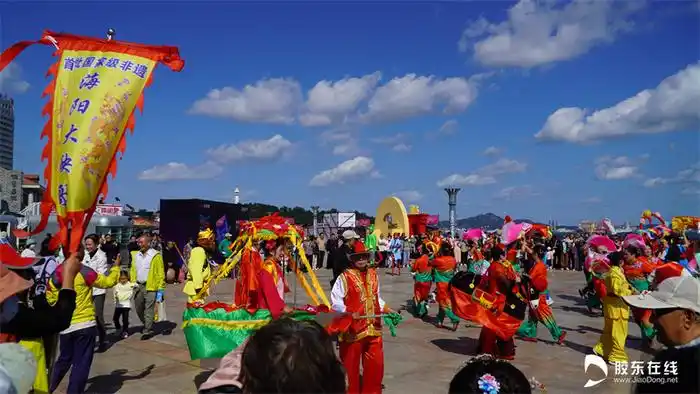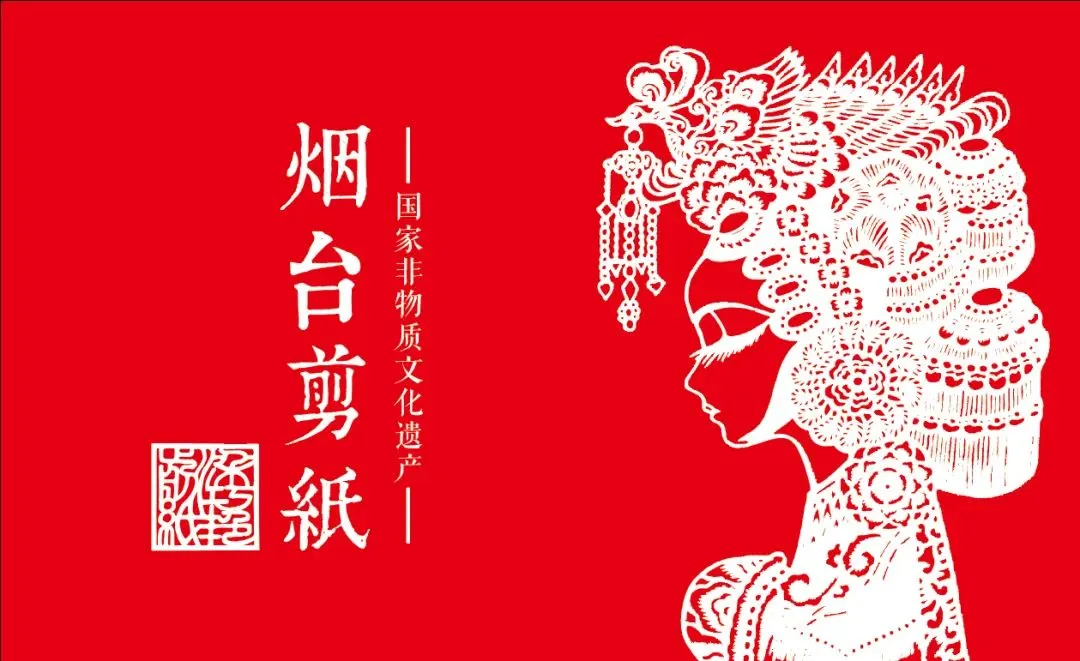Nurturing Successors for Cultural Heritage: Unveiling the Beauty of Our Era Through Principled Innovation
China has always been a nation of poetry, where generations have grown up immersed in the verses of Tang poems and Song lyrics. Why do some classical poems, spanning a thousand years, still ignite timeless resonance in our hearts? Within these verses dwell patriotism, reverence, filial piety, benevolence, tolerance, and altruism—these very elements that epitomize the essence of Chinese classical studies, ceaselessly nurturing the spiritual core of our people across generations. Therefore, reading and reciting more poetry classics from childhood helps us cultivate a sound worldview and forge unshakable moral foundations.
These words, pulsating with cultural confidence and heartfelt sincerity, were spoken by Wang Donglin—Council Member of the Chinese Poetry Society, Executive Council Member of the Shandong Poetry Society, President of Yantai Poetry Society, Expert in the Yantai Aesthetic Education Resource Pool, and recipient of the first “Qilu Poetry Master” title at the finals of Yantai’s 11th “Little Master of Chinese Classics” Recitation Competition and Campus Aesthetic Education Event. He also spontaneously composed a poem: “With wisdom bright and vision keen, I rise to strive upon this scene. Today a young sage, bold and free, Tomorrow a leader the world shall see”.
Cultural heritage has found its successors and cultural confidence illuminates the path to the future. At the 2024 Yellow River Autumn Fair and Intangible Cultural Heritage (ICH) Week, several moving moments unfolded in Yantai: Master inheritors, including ?Luan Shujuan, national ICH representative for Yantai Paper-Cutting, ?Li Xiangsong, provincial inheritor of Laizhou Brush-Making, ?Tao Yongguang, municipal inheritor of Yantai Dough Sculpting, and ?Zhao Yi, municipal inheritor of Haiyang Grand Yangko Dance, gifted symbolic tokens to their apprentices, embodying a spiritual dialogue through the exchange between hands and hearts. More than one hundred young participants from the first Yantai “Discovering Beautiful Life” Youth Short Video Competition joined ICH workshops, immersing themselves fully in the beauty of intangible heritage. Additionally, the cultural performance of “ICH Inheritance: Tribute to China” lit up the “Fairyland Coast,” where children’s Tai Chi and Chinese-style wrestling delivered the spirit of Chinese martial arts to audiences on-site.


Here, a keyword has consistently illuminated generations of inheritors on their path: preserving tradition while pioneering innovations. “How can we transform Fushan Big Noodles—a centuries-old craft—into a renowned food brand representing China's Hometown of Shandong Cuisine? My secret lies in staying true to the roots while pursuing innovation,” said Quan Fujian, Yantai ICH Ambassador. Based on the traditional techniques of Fushan Big Noodles, Quan created “The Way of Noodles” as a noodle performance art by integrating innovation with traditional culture.
Moreover, this principle of preserving tradition while pioneering innovations makes cultural heritage more accessible and globally recognized. As a national ICH inheritor of Yantai Paper-Cutting, Liang Qiaoyan has created works that not only preserve traditional folklore and historical narratives but also incorporate modern aesthetic elements, demonstrating the contemporary appeal of this art form. She stated, “From the 'Tiger Window Paper-Cutting' featured on CCTV’s 2022 Spring Festival Gala during the Year of the Tiger to collaborating with NEXY.CO, a women’s clothing brand, on 'New Journey Through Paper-Cutting,' my creations convey a dialogue with the new era. This means inheriting tradition while integrating creative designs to narrate Yantai's stories through paper art.”

To a certain extent, ensuring the continuity of cultural heritage and unveiling the beauty of our era through upholding roots while pioneering innovations is a vivid expression of cultural confidence, internalized in hearts and externalized in actions. What's truly remarkable is witnessing China’s youth radiating both scholarly spirit and down-to-earth approaches. This scholar-like style enables them to grasp the historical vision inherent in Chinese modernization and channel it into innovative practices through a profound and holistic worldview. Meanwhile, the down-to-earth practice allows them to navigate harmonious villages and smart cities, integrating personal aspirations into tangible endeavors that, in turn, enrich their intellectual pursuits. Such a virtuous cycle epitomizes the beauty of youth in our era—and the beauty of cultural heritage and innovation in our time.”
(By Wu Yong)

